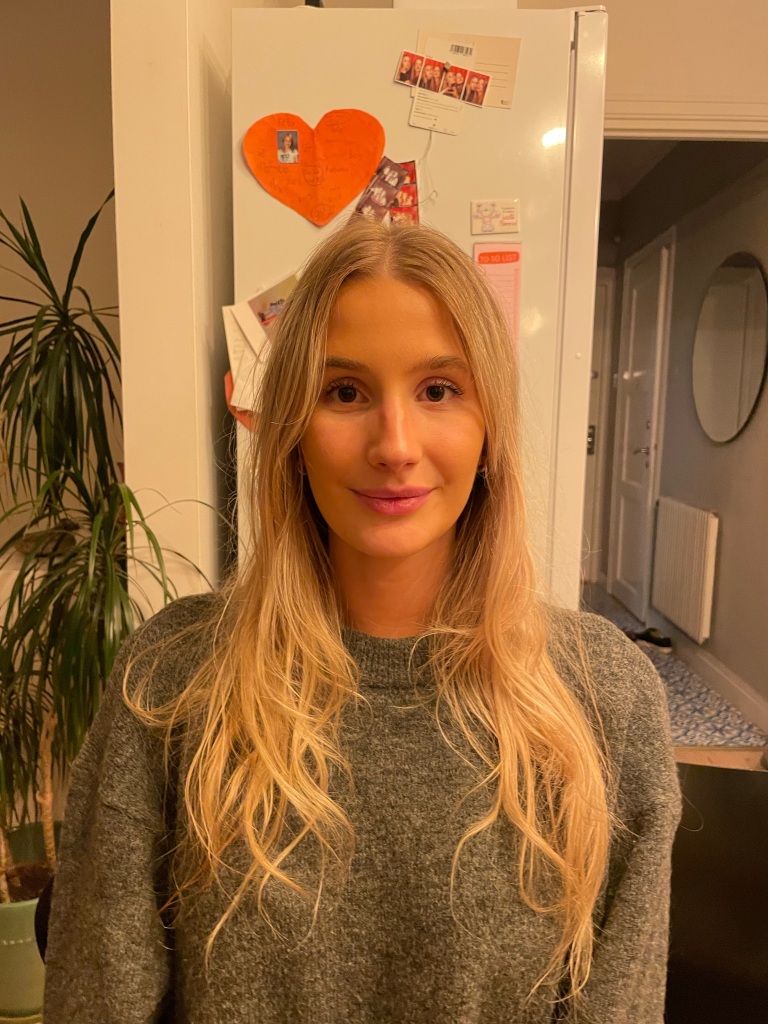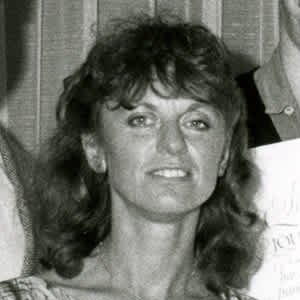by Nina Peirano, FE23
One day I sat down with Daniella Rossi who is a friend and an colleague to interview her about her life and what she does for a living now.
Peirano: What were you like growing up?
Rossi: It was different because I was not brought up in just one country right, so we moved around a lot with my parents, so every three years we would change countries, and that was kind of –– I mean I guess if you don’t know anything else it becomes normal, but it was tough, tough as in I didn’t have any roots. I’m very fond of my mother, she was the only person who I always had.
Peirano: She was like your person?
Rossi: Yes, she was my everything, all the rest would change but she wouldn’t change, so I’m very fond of her and very attached, and it was a happy childhood –– I hated school, I absolutely HATED school, each minute of it. I mean if I saw a shooting star, I would wish upon it for the school to burn down, or all my teachers to be abducted by aliens, that was me. I went to a French school, and the French school is very, how should I say, it was not exactly child-friendly. Unless you were among the top five in the class you were Jack Shit, and I wasn’t very good at school, I was always placed on the last row and I didn’t really care.
Peirano: What was the worst about it? Any good memories?
Rossi: Noooo everything… oh great food, because we had starters, main courses and dessert, we had cheese platters so that was very nice, and I had great friends in school, but school itself was just… it was hard I had to repeat my fourth grade because I didn’t have average grades in math.
Peirano: What are you like now? What do you like and what do you do?
Rossi: I’m a social person and I like hanging out with new people, and that’s because of my childhood, because I’m used to changing all the time so I like new people. I’d do anything; just place me anywhere and I could talk to anyone, and I think it’s fun. What else? I’ve so called “grown up”. at least on paper, and I do grown up things such as I work, I have had a full time job for the past ten years, and I never thought I would.
Peirano: Why is that? Why didn’t you think you would work?
Rossi: I didn’t think I was ever going to work because I –– well where I’m from, it’s okay not too, I mean if you have the means, it’s okay, and I had so many other things to do and I didn’t have time for working, and I know that sounds very odd but that’s the way it is. I studied for many many years –– well I had 1 job, I was a flight attendant.
Peirano: You were?! That’s so cool
Rossi: Yeah, I was, because my father told me, “So you either finish university or you go and find yourself a job,” and trust me I finished university, so I worked for a year and then I went back to studying.
Peirano: What do you work with now?
Rossi: Wow I’m a… well my so-called title is “something-office”. I think it’s… I don’t know, I usually say “office manager” but it’s called something else which means that I take care of everything that has to do with the office.
Peirano: Everything?
Rossi: As in supplies, as in facilities; if something happens to the building, if something needs changed or breaks down, I would be the person to go to.
Peirano: Do you like it?
Rossi: I love it, I absolutely love it. Had I known that working is this fun I would have started earlier, but I think working in Sweden is very different than working anywhere else because I believe that in the rest in the world, unless you are a top manager, you’re worth nothing, and in Sweden even though I started out as a receptionist, it was fun. I mean people were very nice to me, everyone was very nice you don’t have the “he or she” that you have in southern Europe and in many many other countries, so it’s nice. And they give you money.
Peirano: How did you get into this line of work?
Rossi: Well, I moved to Sweden 10 years ago and I didn’t have a job so I was just kind of hanging around, but people kept asking me at parties, “What do you do for a living?” and each time I said nothing special, they would ask me if a was on maternity leave or if I had had a breakdown, because no one was without a job, you see where I’m coming from? So I had a friend who told me, “Listen my brother has a company, I know they had a receptionist and I know she’s very often sick on Mondays and Fridays, why don’t you just ask if you can cover for her?” So I went up and I asked to talked to the HR manger and I told her, “Listen why don’t you call me any day, just call me in the morning, it would take me five minutes to get there”, and she called me every Friday and Monday, and the eventually this girl had kid number two so she went on maternity leave very early, so I replaced her for maternity leave, and then they sacked her and they took me.
Peirano: Is it what you saw yourself doing growing up?
Rossi: Fuck no, but funny you asked, but I wouldn’t have minded being a diplomat, but that requires hard work the studying and being good at what you study, and that’s just not me is it?
Peirano: Did you try at all?
Rossi: No, I didn’t
Peirano: Do you regret that?
Rossi: I should say that I don’t regret it, but of course I do. But then again why try something if you know you’re not gonna obtain it? and I knew that there was no way I would have gotten into those schools.
Peirano: If you could meet your younger self, what would you say and why?
Rossi: I would say that it’s not that hard and things will get better over time, because it wasn’t easy. You were very lonely even though I wasn’t lonely.
Peirano: Are you proud of how far you’ve come in life?
Rossi: Yes, I am, see with age you get happier, trust me, it was hell the fourteen-through-thirty years, but after that it’s great, and after forty its fantastic because you don’t give a shit anymore.
Peirano: What are your dreams now?
Rossi: To move back to Italy and be with my parents as long as I have them.
Peirano: Where do you see yourself in ten years?
Rossi: On a farm in Tuscany with my mother and father but after that, because eventually I’ll be alone, I still see myself there taking care of animals, sheltering dogs, I have a thing for stray dogs. Just peace because I had too much “no peace” growing up, so I just want nothing, an easy life.
Peirano: What is your biggest regret in life?
Rossi: You know what, I guess if you ask anyone most people would say that they don’t regret anything, and I don’t. Everything I’ve done I’d do it again, and the only thing that I would do better is I would try to be better at school, because I believe that had I had an easier time at school I would be something else right now, not that I’m not happy where I am just that maybe I’d be a diplomat. But no, I don’t regret anything.



Recent Comments